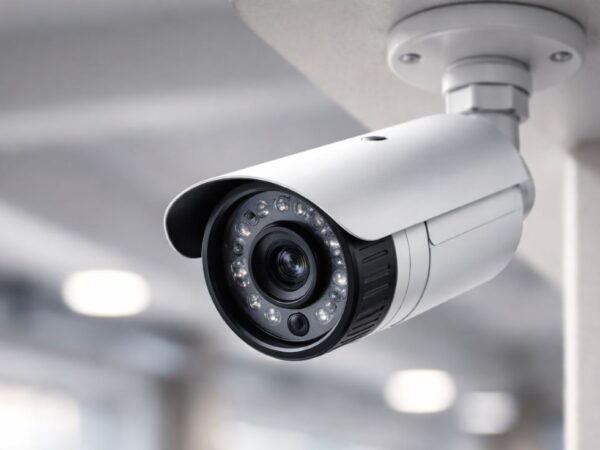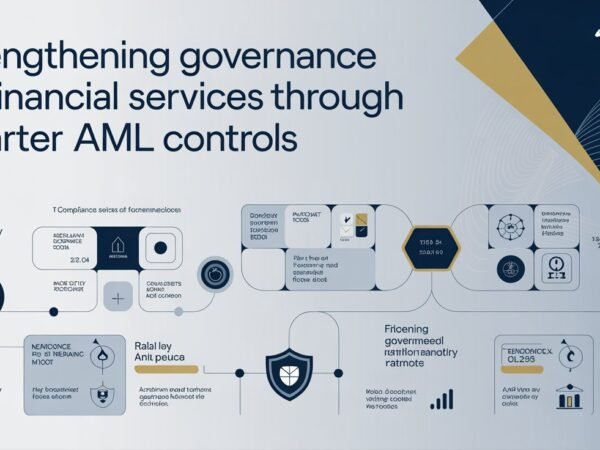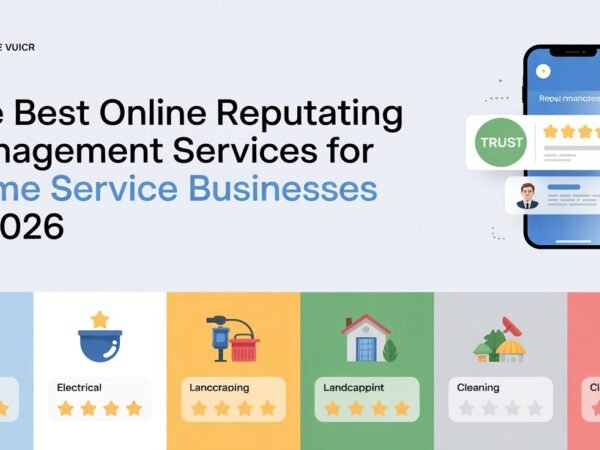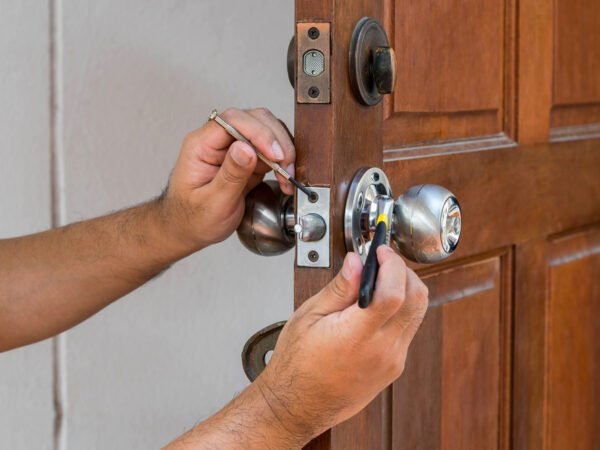Commercial property management involves more than just maintaining buildings and collecting rent—it requires a comprehensive approach to ensure tenants and property owners achieve their goals. As a professional property manager, understanding the various facets of the job is essential to successfully navigating the industry. In this article, we will delve into the intricacies of commercial property management, from key responsibilities to best practices and the right tools to use. Whether new to the field or seeking to improve your current strategies, this guide will provide valuable insights for better property management.
Visit unitconnect.com today to enhance your property management efficiency.
Key Responsibilities in Commercial Property Management
Tenant Management and Relations
One of the critical aspects of commercial property management is establishing and maintaining strong relationships with tenants. Commercial leases tend to be more complex than residential leases, involving different terms, durations, and requirements. This means clear communication and attentiveness to tenants’ needs are paramount. Tenant retention is equally important as it directly impacts the property’s revenue and long-term success. A skilled manager anticipates tenant concerns, such as building maintenance and lease terms, promptly addressing any issues.
Property Maintenance and Compliance
Property maintenance is significant in ensuring the commercial building remains operational and up to code. Regular inspections of the HVAC systems, electrical systems, and overall building structure are required. Managers must also ensure compliance with local regulations, including safety codes, environmental laws, and disability access. Neglecting these responsibilities can lead to costly penalties and dissatisfied tenants.
Financial Oversight and Budgeting
Financial management is a core responsibility in commercial property management. A property manager must oversee operating budgets, manage cash flow, and allocate funds for maintenance, repairs, and upgrades. Ensuring the property remains profitable while delivering value to tenants requires a solid grasp of financial strategies. Setting competitive lease rates and controlling expenses are also crucial to maintaining profitability.
Best Practices for Commercial Property Management
Regular Property Audits
Scheduling routine property audits allows managers to identify potential maintenance issues before they escalate. Proactive inspections can prevent costly repairs, extend the lifespan of equipment, and ensure the safety of both tenants and visitors. Audits also help verify that the property complies with all legal and regulatory requirements.
Implementing Transparent Communication Channels
Open and transparent communication with tenants can enhance trust and minimize disputes. Providing tenants multiple channels to voice their concerns and receive timely updates can foster a positive working relationship. This practice also helps keep tenants informed about building improvements, new policies, or any changes to the property.
Leveraging Data for Decision-Making
Data-driven decision-making is crucial in modern commercial property management. Analyzing data from maintenance records, tenant feedback, and financial reports can reveal patterns and insights that help managers make informed choices about the property’s future. For instance, trends in tenant complaints signal the need for building upgrades, while reviewing financial data can identify opportunities for cost savings.
Choosing the Right Tools for Commercial Property Management
Property Management Software
Investing in a robust property management system is essential for organizing tenant information, tracking leases, and monitoring financial performance. Platforms such as UnitConnect provide an all-in-one solution tailored to the needs of property managers. The software simplifies rent collection, maintenance requests, and lease management tasks, making it an indispensable tool for managing complex commercial properties. Learn more about their software solutions on the UnitConnect homepage.
Maintenance Tracking Tools
Using specialized tools to track maintenance requests and schedules ensures issues are promptly addressed. These tools provide transparency for managers and tenants, allowing managers to assign work orders, monitor progress, and maintain a completed task record. In doing so, managers can keep properties in optimal condition and avoid costly emergency repairs.
Financial Management in Commercial Property Management
Creating a Comprehensive Budget
A well-planned budget is essential for forecasting property expenses and revenues. When creating a budget for a commercial property, property managers need to account for both fixed and variable costs. Fixed costs may include property taxes, insurance premiums, and salaries for on-site staff. In contrast, variable expenses often involve maintenance, repairs, and utilities.
A comprehensive budget should also account for unexpected expenses such as emergency repairs or legal fees. Setting aside a portion of the budget as a reserve fund can help cover these unplanned expenses and reduce financial strain on the property’s operations.
Managing Cash Flow
Cash flow management is one of the most critical elements of financial management in commercial property management. Positive cash flow ensures the property can cover its expenses and remain profitable. This involves timely rent collection, keeping operating expenses in check, and negotiating favorable terms for service contracts or vendors.
Another important aspect of cash flow management is ensuring rent is competitively priced. Property managers should conduct regular market analyses to ensure their rent rates align with current market conditions. Setting low rents can result in lost revenue, while pricing too high can drive tenants away.
Rent Collection and Lease Enforcement
Rent collection is a straightforward but essential part of financial management. However, it’s not just about collecting payments—ensuring tenants pay on time and in full is crucial to maintaining cash flow. Property managers can implement automated systems for rent collection, reducing delays and errors.
Lease enforcement is equally important. Commercial leases tend to be long-term and include complex provisions regarding tenant responsibilities, property maintenance, and rent increases. Property managers must monitor lease compliance and enforce terms when necessary. This may consist of resolving disputes, conducting lease renewals, or addressing violations while maintaining a professional relationship with tenants.
Financial Reporting and Performance Tracking
Financial reporting provides property managers with insights into a property’s overall performance. Regular financial reports clearly depict the property’s economic health, including income statements, balance sheets, and cash flow statements. These reports can help managers make informed decisions about where to cut costs, where to invest, and how to improve profitability.
In addition to regular financial reports, performance-tracking tools are valuable for measuring a property’s long-term success. By analyzing historical data, property managers can identify trends in revenue, expenses, and occupancy rates, enabling them to make strategic adjustments that enhance the property’s financial performance.
Best Practices for Optimizing Financial Management in Commercial Property Management
Automating Rent Collection
Automation is one of the most effective ways to optimize financial management. Automating rent collection not only ensures timely payments but also reduces administrative errors. Tenants can set up recurring payments, and property managers can track payments in real time, freeing up time to focus on other tasks.
Regular Financial Audits
Regular financial audits are essential for identifying discrepancies, inefficiencies, or areas for improvement. Conducting internal audits on a quarterly or annual basis helps property managers maintain transparency with property owners and investors. These audits also provide an opportunity to review financial strategies and adjust them according to market conditions.
Tenant Credit Screening
Before signing lease agreements, property managers should conduct thorough tenant credit screenings to ensure that potential tenants are financially reliable. A tenant’s financial stability is critical for ensuring consistent rent payments and minimizing the risk of default. Screening tenants can reduce the likelihood of eviction, rent arrears, or prolonged vacancies, which can severely impact cash flow.
Choosing the Right Tools for Commercial Property Management: Financial Software
Accounting Software for Property Managers
Accounting software designed specifically for property managers can streamline budgeting, financial reporting, and tax preparation. Many property management software platforms, such as UnitConnect, offer integrated accounting modules that allow managers to handle everything from rent collection to expense tracking in one place.
Using a platform like UnitConnect, property managers can generate financial reports with a few clicks, track maintenance costs, and ensure their property meets its economic goals. Learn more about their comprehensive software solutions.
Lease Management Tools
Lease management software is another critical financial tool for property managers. These tools help managers organize lease agreements, track rent increases, and monitor compliance with lease terms. Automated reminders for lease renewals or rent adjustments ensure that managers never miss an important deadline.
Final Thoughts on Commercial Property Management
Mastering commercial property management requires balancing various responsibilities, from tenant relations to financial oversight. Property managers can optimize their operations and ensure long-term success by implementing best practices, using the right tools, and maintaining proactive financial management. Embrace modern solutions like UnitConnect to streamline your management tasks and stay ahead in the competitive real estate industry.
Do Read: Best Australian Gold Coins to Add to Your Investment Portfolio













